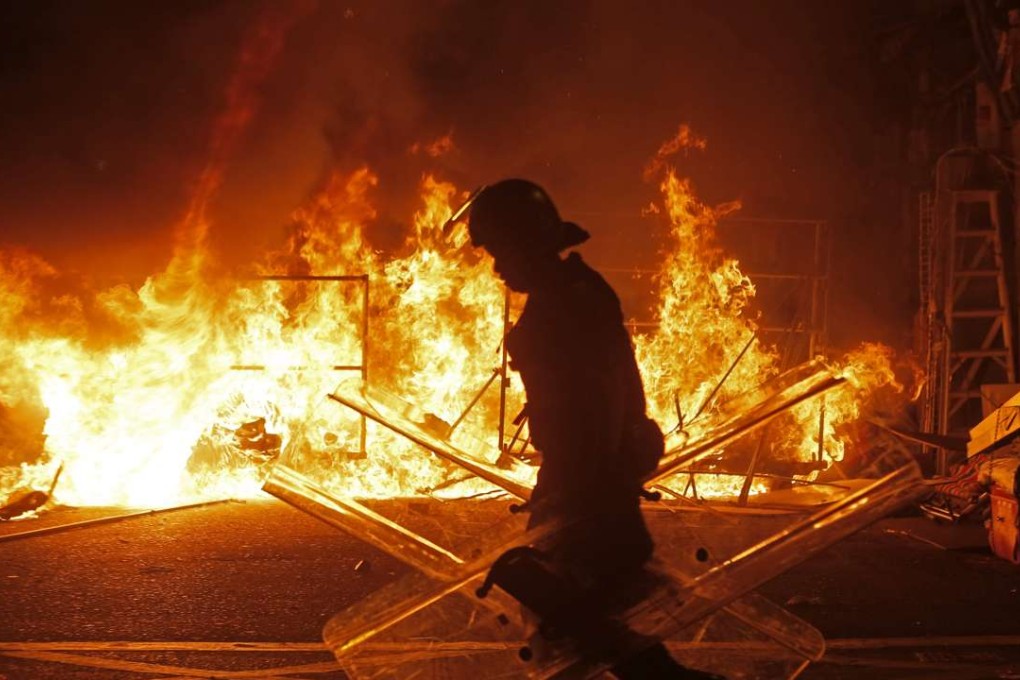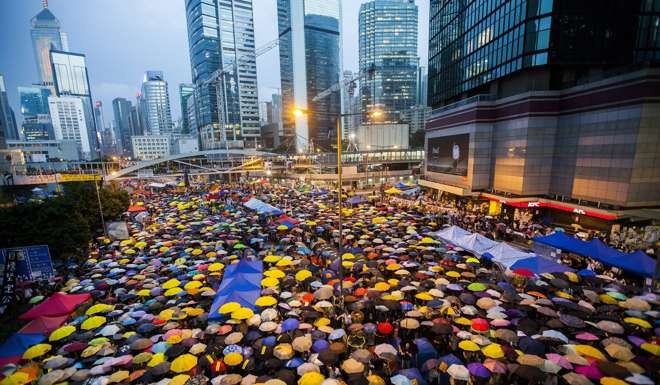Asian Angle | ‘One country, two systems’ and a vicious circle in Hong Kong

Hong Kong was once renowned for being a city which shunned politics in favour of the pragmatic pursuit of profit. Mainland officials would proudly describe the special administrative region as an economic rather than a political city. How things have changed.
The past two turbulent years have seen unprecedented events which have polarised Hong Kong society and raised fundamental questions about the future of the “one country, two systems” concept.
Thousands took to the streets during the pro-democracy Occupy protests in 2014. This year, protests in Mong Kok erupted into violence.

Meanwhile, a pro-independence movement has emerged and gained sufficient support to secure representatives in the Legislative Council, a development which would have been unthinkable only a few years ago.
The rise and fall of Hong Kong’s pro-independence lawmakers
Beijing has, at the same time, toughened its stance on Hong Kong. A State Council white paper in 2014 asserted the central government’s “comprehensive jurisdiction” over Hong Kong. It essentially made the point that the city enjoys only so much autonomy as Beijing is prepared to allow it. The central government then restricted the scope for democratic reform, a move which sparked the Occupy protests.
